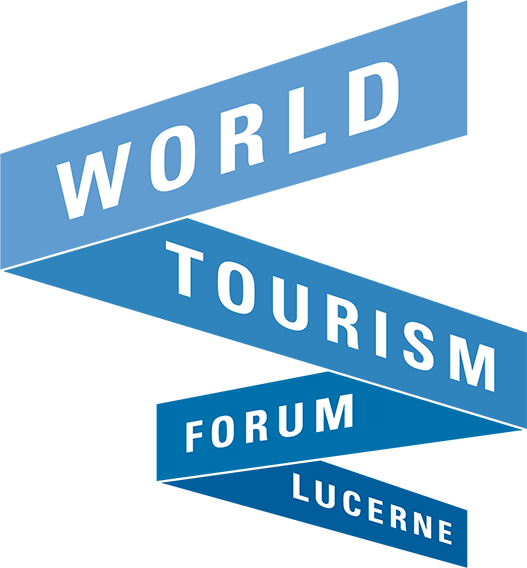Interview with Johann Schneider-Ammann, Head of the Federal Department of Economic Affairs, Education and Research, on the occasion of the World Tourism Forum Lucerne 2017
Federal Councillor Johann N. Schneider-Ammann
Head of the Swiss Federal Department of Economic Affairs, Education and Research
The Swiss tourism industry is being hit by the strong franc. How do you see the future of incoming tourism to this country?
This sector's weakness is mainly cyclical in nature. Forecasts indicate a recovery of incoming tourism, particularly concerning visitors to Switzerland from countries in the euro zone. The franc is admittedly still strong. But exchange rates have stabilized, although on a high level, and the lower price trends abroad are leading – in terms of prices – to gradual improvement in the competitiveness of the Swiss tourism sector. The industry's greatest incoming potential remains in the overseas and growth markets. After overcoming the challenge of the new Schengen visa, the number of Asian tourists should increase more – as long as the security situation in Europe does not deteriorate. Domestic Swiss tourism should also create more momentum.
The World Tourism Forum Lucerne places great emphasis on international networking. How does Switzerland network on the global tourism platform – and what are the Swiss goals?
With the increasing globalization of tourism, it makes sense to intensify tourism-political cooperation at international level. In this respect Switzerland advocates the highest possible degree of unhindered travel and tourism activity. We support the creation of international standards (for example the compiling of tourism statistics) and the international exchange of know-how. The interests of Switzerland as a travel and tourism destination are strongly represented. We focus at multinational level. Switzerland is a member of the United Nations World Tourism Organization (UNWTO) and is represented on the Tourism Committee of the Organisation for Economic Co-operation and Development (OECD). Concerning bilateral cooperation, exchanges with our neighbouring countries are of paramount importance.
Where do you see the greatest need for action in strengthening global tourism?
On the one hand, the greatest challenges are openness and security. Visa requirements often still remain quite restrictive. Multinational cooperation is required if tourism is to be made simpler and also safer. On the other hand, digitalization is having a massive impact on tourism – a development which at one and the same time represents a great chance but also considerable challenge.
Today's up-and-coming new generation will provide the decision-makers and managers of the future. Is the tourism industry investing enough in furthering young talent?
The promotion of younger generation talent is central to the innovative capabilities and competitiveness of the tourism industry. Switzerland's overall training system is of high quality, notably so in the tourism sector. The opportunities for hospitality and touristic training are very varied and enjoy a long tradition. Our high level of qualification has seen continuous improvements. For example, the share of our workforce completing a tertiary education increased between 2000 and 2014 by 30%. With such highly qualified human capital, the Swiss tourism industry possesses an essential element of international competitiveness. But we must continue to invest – and strengthen our efforts in the domain of digitalization.
Do you see further potential for innovative development in the tourism industry?
As already mentioned – digitalization represents great opportunities for the tourism sector. There are already many examples which demonstrate how digitalization can increase quality and heighten added value. We must make the most of these opportunities in as wide a way as possible. And to achieve this we need a greater willingness to cooperate. The tourism policy of the Swiss government already offers substantial support in the form of innovation promotion. In addition, local tourism organizations in Switzerland make an important contribution by coordinating the various services provided by each destination.
What about start-ups? What kind of a role do they play – above all touristically – in the Swiss economy?
Start-ups play a central role in the Swiss tourism industry and in our country's economy in general. They bring new impulses and create competition. They make a considerable contribution to the functioning of the market and to on-going rejuvenation of the tourism sector. But for successful development of the tourism industry we also need established enterprises which incorporate and absorb the new impulses.

